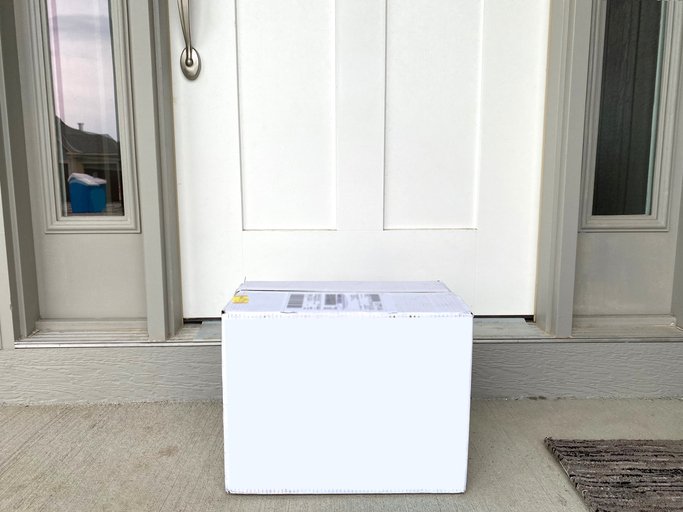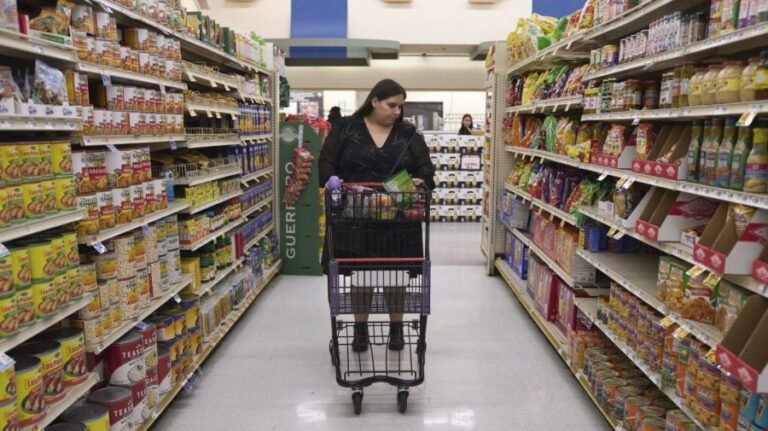
(NEXSTAR) — An unexpected delivery at your door may not always be an unwelcome surprise — just ask one Kentucky boy about the thousands of dollars worth of lollipops that arrived at his home earlier this year.
An unanticipated colon cancer screening test may not be as sweet. A Minnesota man experienced just that recently when, despite having his colon removed as a child, he received a Cologuard testing kit with a note that said it was “recommended” by his provider. He told USA Today that he took the test, which prompted confusion and further testing that determined his kit had likely produced a false positive.
A member of the man’s care team, Dr. Naresh Gunaratnam, a practicing gastroenterologist at MNGI Digestive Health in Minneapolis and president & board chair of the Digestive Health Physicians Association, wrote in an opinion piece that appeared on Nexstar’s The Hill that the man is not alone.
“I’ve heard from colleagues in many states that they have patients who received a kit despite being inappropriate candidates for stool-based testing,” Gunaratnam wrote.
So what’s causing the surprise deliveries of Cologuard tests?
First, a bit about the tests: In 2014, the U.S. Food and Drug Administration approved the Cologuard test, making it the first noninvasive stool DNA test that can detect colorectal cancer and precancerous polyps in average-risk patients, maker Exact Sciences said at the time. Last year, the company received FDA approval for its Cologuard Plus, a testing kit that Exact Sciences says can detect 95% of colon cancers, up from 92% with the regular Cologuard kit.

Both test kits come in the mail, allowing patients — described as adults who are 45 years old or older with an average risk of colorectal cancer — to collect a stool sample at home and return it for testing. They also require a prescription.
According to Cologuard, made by Wisconsin-based Exact Sciences, there are three primary reasons why you may receive a testing kit in the mail without ordering it yourself: your doctor or health care provider ordered it, your insurance requested it, or the health system you use had it sent.
“These organizations are allowed to share information with certified laboratories like Exact Sciences for health care purposes, such as preventive cancer screenings,” the company explains online. Exact Sciences did not respond to Nexstar’s request for comment or additional information regarding unexpected Cologuard test kit deliveries, but notes on its website that patients should receive “a letter, text, or email notifying you about this initiative and letting you know that you can receive a Cologuard at no cost.”
“Very limited information” is shared with its lab “to process and send your test kit, and we take patient privacy very seriously,” the company adds.
If you receive a Cologuard testing kit and aren’t sure why, the company encourages you to call them. You may also opt to speak with your health care provider.
Gunaratnam, meanwhile, argues that “colonoscopy remains the gold standard” because doctors are able to not only detect colorectal cancer but also prevent it.
“It allows us to remove precancerous polyps, and studies have shown screening colonoscopy reduces cancer rates by up to 89 percent,” he wrote.
“Stool-based screening has a role to play in closing screening gaps, but patients deserve a conversation with their provider that outlines the benefits and limits of the available options.”
What is colorectal cancer?
Colon cancer, which is sometimes referred to as colorectal cancer, typically begins as a growth, known as a polyp, on the inner lining of the colon. Most polyps are benign, according to the American Cancer Society, but some become cancerous over time.
There are usually no symptoms associated with polyps, which means regular screening is recommended to find and remove them, the Mayo Clinic explains.
If you have an average risk of colorectal cancer (which may also be known as rectal cancer, if the polyps are instead found in the rectum), the American Cancer Society recommends starting regular screenings once you turn 45. Tests can include a stool-based test, like a Cologuard kit, as well as blood-based tests, a colonoscopy, or other visual exams.
Regular screenings for someone at average risk are no longer suggested after age 85, the organization says.

